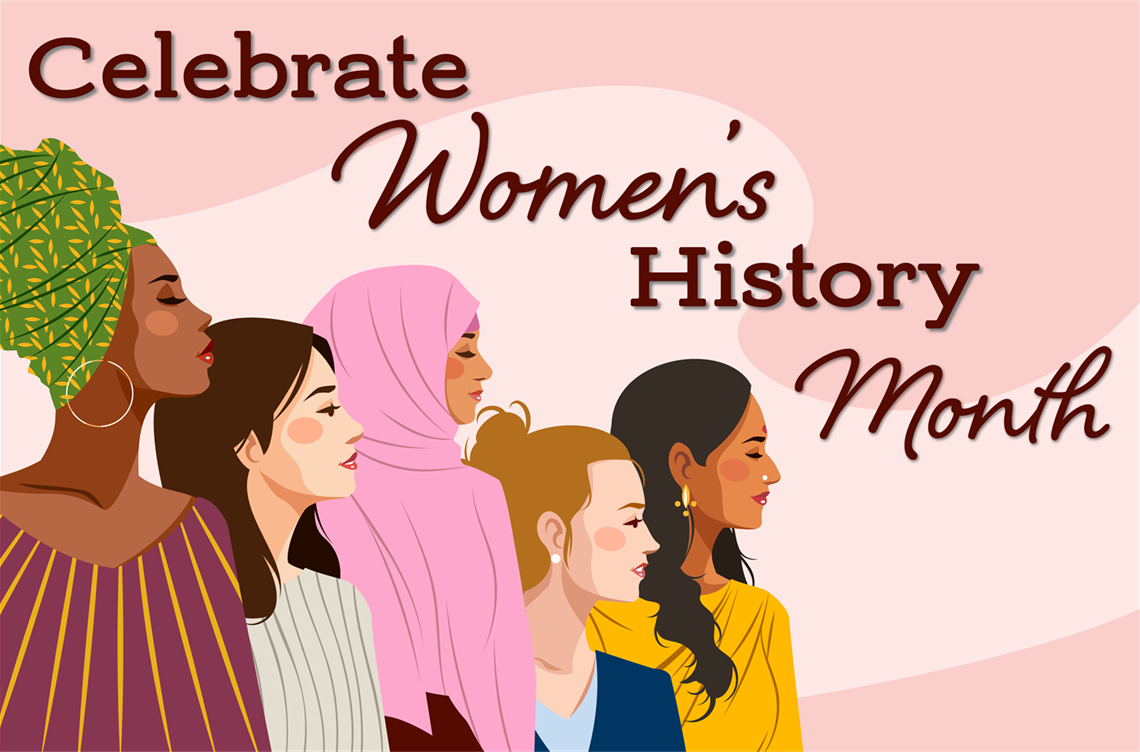|
Listen to or download this article:
|

Celebrating the good things in life,
with hope of happiness and prosperity for you!
Diwali, or the “Festival of Lights”, is celebrated around the world with family gatherings, prayers, and festivities that transcend geographical and cultural boundaries. The festival marks the victory of light over darkness and good over evil, and has been a profound source of inspiration in Indian literature throughout history.

From ancient epics to contemporary novels, Diwali has been depicted India’s rich cultural significance and the deep-rooted traditions.
The origins of Diwali come from within the deep cultural history of Indian literature. Ancient Indian texts, particularly the Ramayana describes the festival as a celebration to honor Lord Rama’s return to Ayodhya after his victory over the demon king Ravana. In Valmiki’s epic, the joy of the citizens lighting oil lamps (diyas) to welcome Rama symbolizes the triumph of righteousness and good over evil, light over darkness. This theme of victory is echoed in various forms across different literary genres, capturing the essence of hope and renewal in the original story.
 The stories that keep it alive!
The stories that keep it alive!
Diwali is steeped in and immortalized in various forms of literature. Tales of goddess Lakshmi, the embodiment of wealth and prosperity, and Lord Ganesha, the remover of obstacles, are recounted in regional literature and oral traditions. These stories emphasize the spiritual significance of Diwali, reminding readers of the importance of virtues such as generosity, compassion, and humility.
Moreover, regional tales often present a more localized version of Diwali, reflecting the diverse customs and rituals practiced across India. Each region brings its unique flavor to the festival, enriching the literary landscape and showcasing the country’s cultural pluralism.
Diwali in Poetry
Indian poetry has beautifully encapsulated the spirit of Diwali, often intertwining personal emotions with collective celebrations. Poets like Rabindranath Tagore have used the festival as a lens for enlightenment and spiritual awakening. In his works, the lighting of lamps becomes a symbol of the inner light that guides individuals through darkness, echoing the belief that each person carries the potential for goodness.
Contemporary poets have also embraced Diwali, infusing it with modern sensibilities. For instance, in urban settings, Diwali is portrayed not just as a festival but as a time of reflection on social issues, consumerism, and environmental concerns. This nuanced representation enriches the literary tapestry of the festival, making it relevant to today’s world.
Fiction and Diwali
In novels, Diwali often serves as a backdrop for significant plot developments and character arcs. Writers like Salman Rushdie and Arundhati Roy have woven Diwali celebrations into their narratives, using the festival to explore themes of identity, community, and belonging. For instance, in The God of Small Things, the chaotic yet joyous atmosphere of Diwali reflects the complexities of familial relationships and societal norms.
Short stories also find a place for Diwali, where the festival acts as a catalyst for change. Authors like Ruskin Bond capture the essence of childhood nostalgia and innocence associated with Diwali, portraying the festival as a time of discovery and learning. These narratives often highlight the values of love, forgiveness, and unity that the festival embodies.

A New Perspective on the Festival of Lights
In recent years, contemporary Indian authors have begun to explore the complexities of Diwali in a globalized world. Novels set against the backdrop of migration, urbanization, and multiculturalism depict how the festival is celebrated away from home. This exploration reveals the challenges of maintaining traditions while adapting to new environments, highlighting the ongoing relevance of Diwali in a changing society.
It’s time to light up the night during Diwali!
Diwali is more than just a festival; it is a profound cultural phenomenon whose roots in ancient text continue to be explored and expanded upon in today’s literature. It symbolizes hope, unity, and the enduring human spirit, giving light to even the darkest of themes. As we celebrate Diwali, let’s reflect on contemporary Indian authors who continue to share their cultural heritage with the world with stories that illuminate the human condition and the need for hope, happiness, and love.

Interested in exploring the wonderful storytelling of Indian authors? Check out these amazing Indian authors!

Operation Mom
By Reenita Malhotra Hora
Grand Prize Chatelaine Award Winner
Master storyteller Reenita Malhotra Hora’s YA romance Operation Mom: My Plan to Get My Mom a Life and a Man takes us on a charming journey through the life of one teen, Ila Isham.
Hora introduces Ila and her best friend Deepali, two boy-crazy teens on a summer quest. Readers will fall in love with the smart, sassy, angst-filled, rebellious Ila. A typical teenage girl, Ila lives in Mumbai with her mom and Sakkubai, their house manager. Ila’s mother calls her obsessed, but that seems unfair. Is she obsessed just because her every waking minute is spent thinking of Ali Zafar, famous pop icon, singer, and heartthrob? Or is she obsessed with fellow classmate Dev?

Dharma, A Rekha Rao Mystery
By Vee Kumari
Grand Prize M&M Award Winner
A complex murder mystery always requires a little spice. In Dharma, A Rekha Rao Mystery, that extra seasoning is provided by the casting of an Indian American woman as the amateur sleuth, despite her realistic fears for her personal safety.
Professor Rekha Rao is no Bollywood Mighty Girl. She’s a whip-smart American-born 32-year-old college instructor who must deal with her own PTSD after the murder of her father and her unstoppable passion for releasing the man wrongly convicted of her father’s slaying. That obsession is the reason Rekha was dismissed from her old teaching position. The scene is set for deep, personal involvement in the murder of a colleague, a fellow professor who is killed. And a rare, centuries-old statue excavated from an archeological dig in India is the murder weapon.
Inner Trek
By Mohan Ranga Rao
Grand Prize Hearten Award Winner
A disinclined traveler journeys into the heartland of the revered Mount Kalash Parikarma in Tibet. Inner Trek by Mohan Ranga Rao follows a voyage that culminates in self-discovery and spiritual enlightenment.
Mohan Ranga Rao, a retired Indian businessman, finds himself between a rock and a hard place when a ruthless Bangalore mob boss threatens him to sell his land at a throwaway price. The situation escalates when he discovers that his trusted lawyer has joined forces with the enemy. He can only turn to his wife for solace.
With nothing for him to do about his land, Rao vows to trek around Mount Kailash, a holy Tibetan Mountain. This travel memoir traces his and his wife’s journey to the deified Himalayas, the land of Lord Shiva. Rao shares intimate details of his experience, including the spiritual transformation that he went through during his challenging high-altitude trek.

Night Jasmine Tree
By Debu Majumdar
First Place Somerset Award Winner
Shankar, a recently retired professor of physics, and his wife, Durga, have left Michigan to resettle on Long Island with their son’s family in Debu Majumdar’s award-winning novel, Night Jasmine Tree.
While the migration from the Midwest to the East Coast is a small one, considering both characters moved from India decades before, the move spurs Shankar to ponder the life he left behind and to reassess his relationship with his sisters and parents.
In India, there are many different cultures, the main sprouting from the Hindu faith and political structure, the caste system.
In the West, we may be familiar with this caste system, we mostly are all aware of the ‘untouchables.’ However, what we may not understand, is how rigid the caste systems truly are. Durga and Shankar are not from the same caste. Shankar is Brahmin, his wife is of a lower caste. This difference is enough for Shankar’s family to reject her outright and disown him.
In the sparkling tradition of Diwali, the Festival of Lights
May the light of Diwali illuminate your home and heart with happiness and prosperity.
Happy Diwali from Sharon, Kiffer, David, Dena, Scott, Anya, Andy, and the whole Chanticleer Team!
Thank you for being part of the Chanticleer Family!

You can always submit your book for an Editorial Review with Chanticleer!
 Chanticleer Editorial Review Packages are optimized to maximize your digital footprint. Reviews are one of the most powerful tools available to authors to help sell and market their books. Find out what all the buzz is about here.
Chanticleer Editorial Review Packages are optimized to maximize your digital footprint. Reviews are one of the most powerful tools available to authors to help sell and market their books. Find out what all the buzz is about here.
Have an Award Winner?
Submitting toBook Awards is a great way to get your book discovered! Anytime you advance in the Chanticleer Int’l Book Awards, your name and book are promoted right here on our website, through our newsletter, and across social media. One of the best ways to engage in long tail marketing!
To stay up to date with exciting news about our conference, your next great read, or contest deadlines, sign up for our Newsletterhere!











Leave A Comment